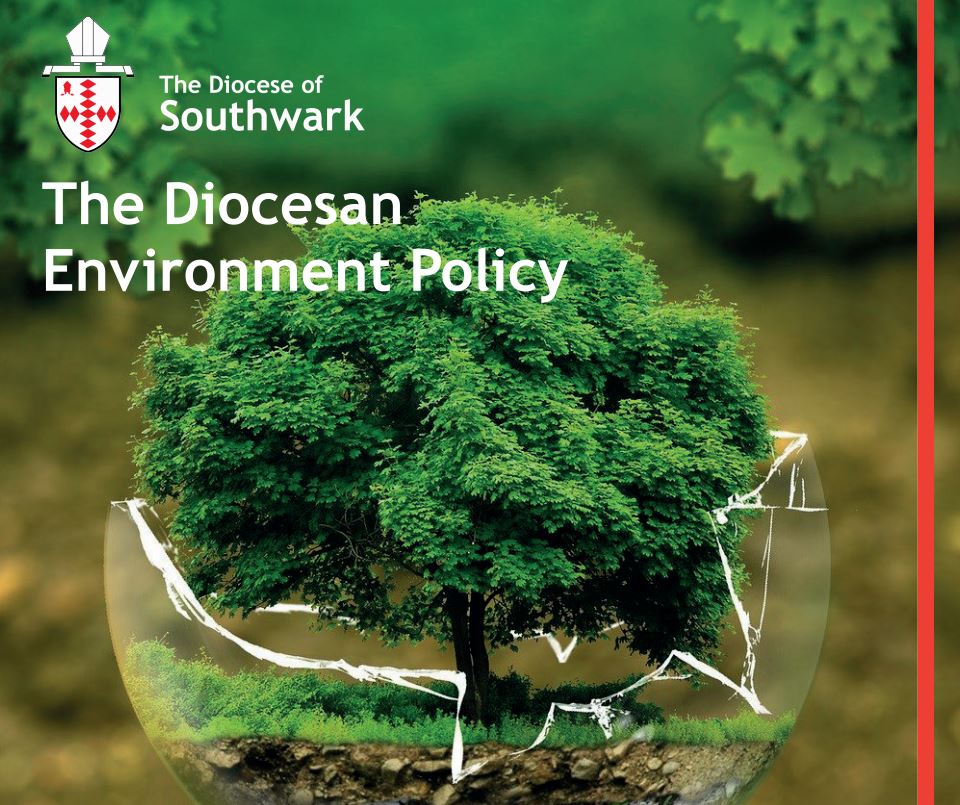Shared Resource Library

The Climate and Ecology Bill - May 2022
Zero Hour is the campaign for the Climate and Ecology Bill (formerly the CEE Bill) – a plan for a new UK law that addresses the full extent of the climate and nature crisis in line with the most up-to-date science. The Bill is the only proposed legislation before the UK Parliament that ensures a comprehensive and joined-up approach to the emergency. For more information click
HERE
HERE is a link to the executive summary
 IPCC Report
IPCC Report
"It's now or never, if we want to limit global warming to 1.5°C". The UN Intergovernmental Panel on Climate Change (IPCC)’s latest Working Group lll Sixth Assessment Report, Climate Change 2022: Mitigation of Climate Change, states that the window to stop even more dangerous climate change is closing, but solutions to slash emissions in the next decade are here now.
Read more
HERE to see what can be done to stop emissions rising.
 How to create a wildflower meadow
How to create a wildflower meadow
Creating a mini-meadow is one of the easiest thing you can do to promote wildlife in your garden. More and more people now understand the importance of helping nature when and where they can and one of the best things you can do is to convert an area of lawn into perennial meadow.
Step 1 - Do nothing until late July!
Step 2 - Strim down to ground level during a dry spell.
Step 3 - Allow cuttings to dry on ground for a few days; this lets any remaining seed fall out.
Step 4 - Rake up and remove cuttings and compost; this is the most important part as it reduces the fertility of the soil allowing finer grasses and the rarer plants to gain a foot hold.
Step 5 - Using a lawn mower carryout a follow up cut to take the meadow area down to ground level; repeat, if necessary, a few times into autumn.
It's good idea is to mow a one mower wide “neat strip” around the meadow area or alongside a path or verge every couple of weeks to keep the edges tidy; this not only prevents growth falling out onto a non-meadow area but also creates the appearance of intention rather than laziness!
It won’t look amazing immediately; however, after a few years, with some attention paid to invasive plants, your lawn will slowly turn into your very own native, regionally appropriate, mini-meadow. A nutrient poor, species rich, perennial habitat that requires far less effort to maintain and is also immeasurably better for the environment than a once-a-week cut garden lawn; you may even be graced by the sudden appearance of native orchids giving you considerable bragging rights!
Let us know how you get on - you could send us some before and after photos!
 Our Environmental Policy
Our Environmental Policy
is
HERE
 IPCC Report
IPCC Report
On 9 August, the Intergovernmental Panel on Climate Change (IPCC) released its long-awaited report which showed that the world has the rest of this decade to cut carbon emissions in half if it hopes to limit warming to 1.5C and thus avoid the most dangerous impacts of the climate crisis. This latest IPCC report also made it clear that the human contribution to our changing climate is now ‘unequivocal’ – the strongest language the IPCC has ever used.
Find out more
HERE
 Southwark Diocese Environmental Policy
Southwark Diocese Environmental Policy

Please click
HERE to take a look
 Climate and Ecological Emergency Bill
Climate and Ecological Emergency Bill
Find out more
HERE and read an Executive Summary
HERE
The summary of a report published in February 2021 which looks at the economic case for bio-diversity.
 Ian Christie sermon
Ian Christie sermon
It was great to hear Ian Christie speak at the end of February. Ian is a Diocesan Environmental Advisor and Senior Lecturer in Social Science of Sustainable Development at the University of Surrey. Find his sermon text HERE and a longer slide presentation HERE. To watch the service Ian spoke in click HERE. (Ian starts at about 7.55 minutes)
He has promised to visit St Matthew's when such things are possible and we look forward to hearing from him again before too long.
 David Attenborough's documentary series 'Perfect Planet'
David Attenborough's documentary series 'Perfect Planet'
Episode Five deals with the impact of humans on the planet - it is by turns alarming and hope-filled. Find it
HERE (provided you have a TV licence!)
During Lent, you are encouraged to take part in our '40 Ways to Spring Clean your Life'.
We will ask for some feedback in due course to help us assess whether this has helped all of us make a difference.
(
The Challenges ends at Easter but the ideas it covers are useful tips to Spring Clean your life at any time)